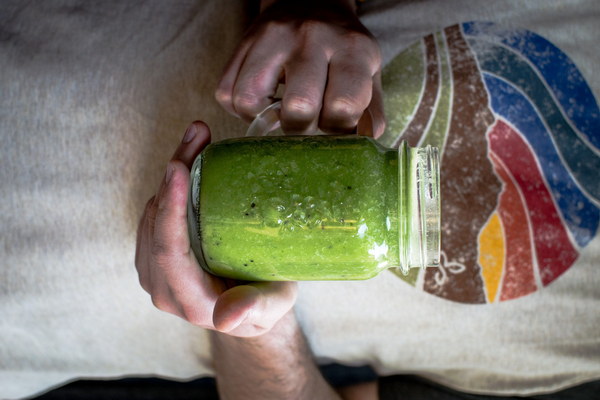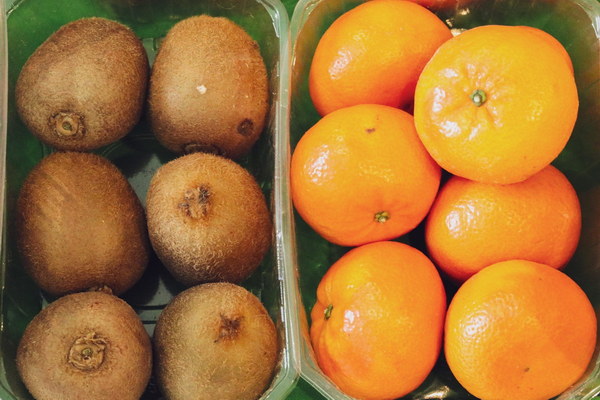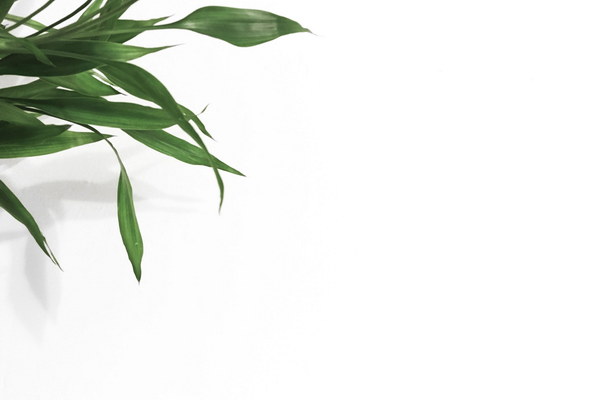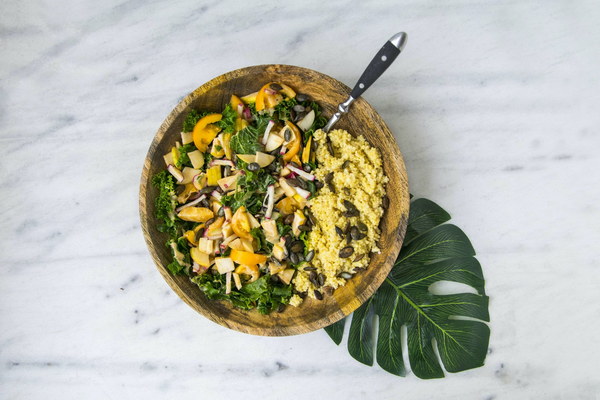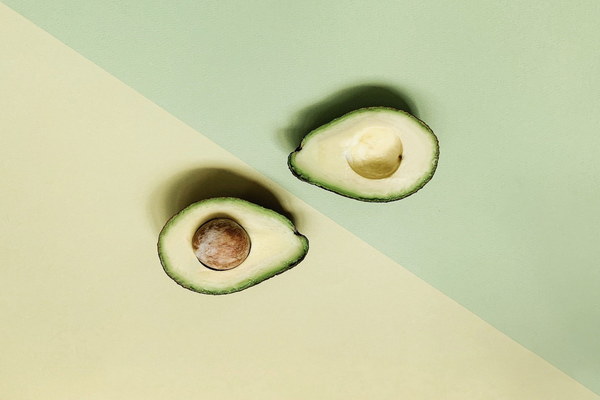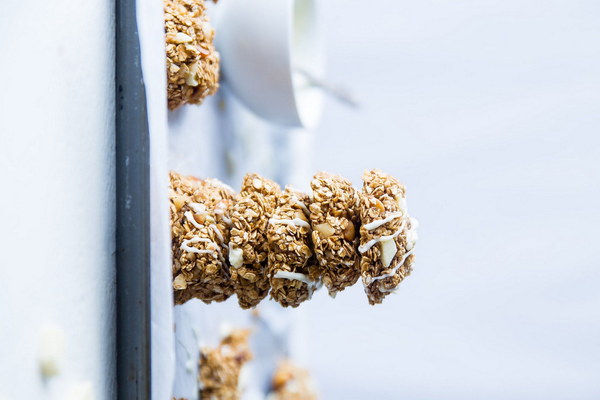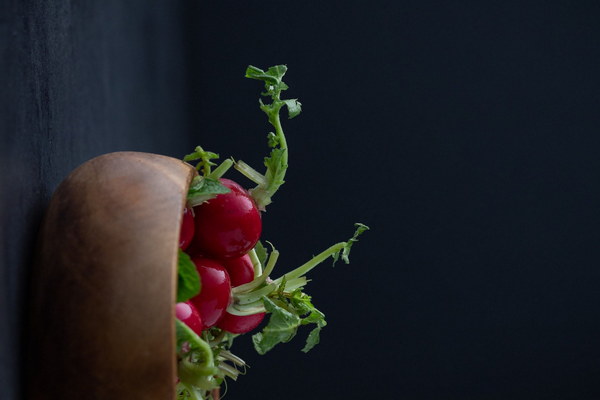Navigating the Wetness Traditional Guangdong Remedies for Dampness Relief
In the lush and humid climate of Guangdong, the prevalence of dampness is a common concern for locals. The region's unique weather conditions make it essential to understand how to combat the dampness that can lead to various health issues. Traditional Guangdong remedies offer a wealth of knowledge and natural solutions to alleviate the discomfort caused by dampness. Here's an in-depth look at how the people of Guangdong maintain their health and vitality in a damp environment.
Understanding Dampness in Guangdong
Dampness, or Shi in Chinese medicine, refers to a state of excess moisture in the body or environment that can lead to a range of issues from colds and flu to joint pain and fatigue. In Guangdong, the humid weather can exacerbate this condition, leading to a host of health problems.
Traditional Guangdong Remedies for Dampness Relief
1. Herbal Medicine
Herbal medicine is a cornerstone of traditional Chinese medicine and is widely used in Guangdong. Ingredients such as Astragalus, Poria, and Atractylodes are commonly prescribed to help expel dampness. These herbs can be found in various forms, including teas, powders, and capsules.
2. Dietary Adjustments
The Guangdong diet is rich in flavors and ingredients that can help combat dampness. Some key tips include:
- Avoid Cold and Raw Foods: Foods that are cold or raw, such as ice cream, raw vegetables, and uncooked seafood, can exacerbate dampness.

- Incorporate Drying Herbs: Herbs like ginger, cinnamon, and star anise are known for their drying properties and can be added to dishes to help expel dampness.
- Eat More Bitter Foods: Bitter foods like bitter melon and brussels sprouts are believed to help dry up excess moisture in the body.
3. Tai Chi and Qigong
These traditional Chinese exercises focus on balancing the body's energy and can be particularly beneficial for those prone to dampness. The gentle movements and deep breathing involved in Tai Chi and Qigong can help improve circulation and promote the expulsion of dampness.
4. Acupuncture and Moxibustion
Acupuncture, the insertion of fine needles into specific points on the body, and moxibustion, the burning of moxa (a substance created from dried mugwort) near the skin, are two popular traditional Chinese medicine practices in Guangdong. Both can help to balance the body's energy and alleviate dampness-related symptoms.
5. Clothing and Living Environment
In Guangdong, it's important to maintain a dry and well-ventilated living environment. Use dehumidifiers to control humidity and change clothing frequently to prevent dampness from accumulating on the skin. Wearing moisture-wicking fabrics and natural fibers can also help keep the body dry.
6. Stress Management
Stress can exacerbate dampness in the body. Traditional Guangdong remedies encourage the practice of mindfulness and stress-reduction techniques such as meditation, yoga, and tai chi to maintain overall balance and health.
Conclusion
The humid climate of Guangdong presents unique challenges, but traditional remedies offer a wealth of knowledge and natural solutions to alleviate dampness-related discomfort. By incorporating herbal medicine, dietary adjustments, physical exercise, and stress management techniques into their daily lives, the people of Guangdong can maintain their health and well-being in the face of wet and humid conditions.
